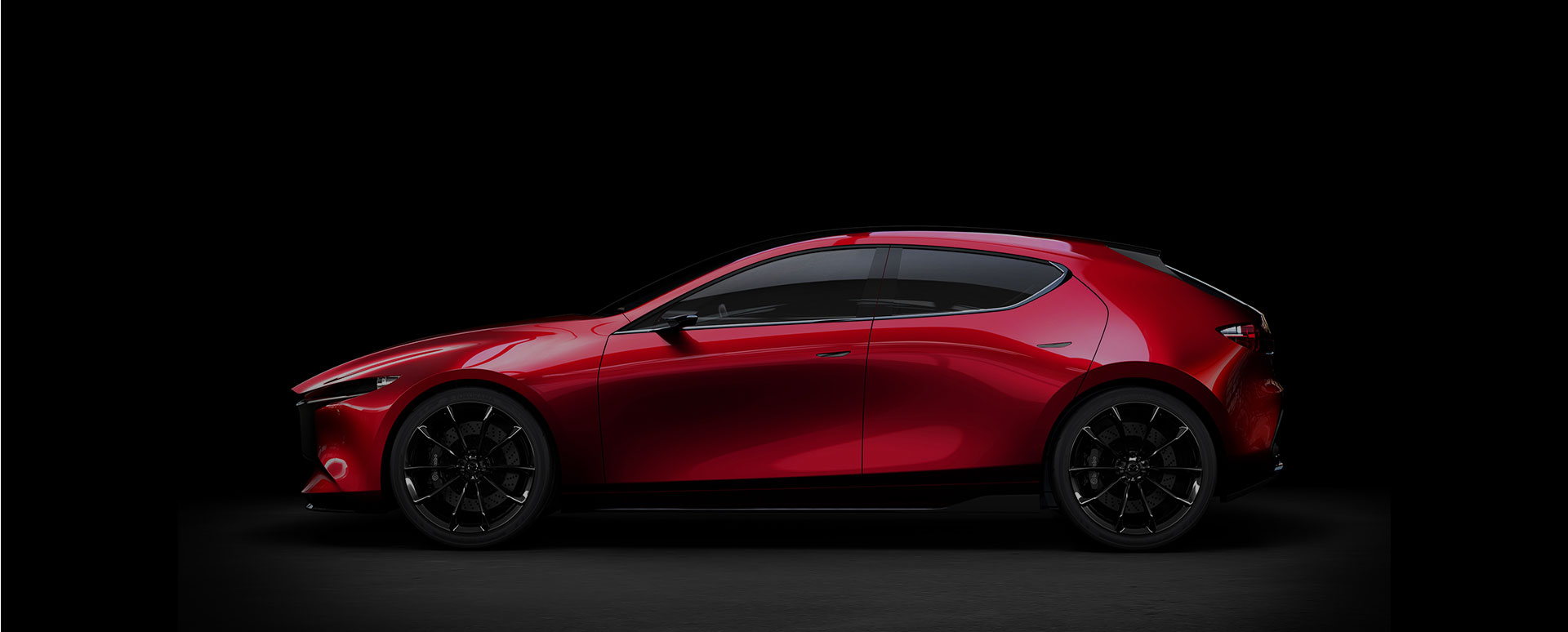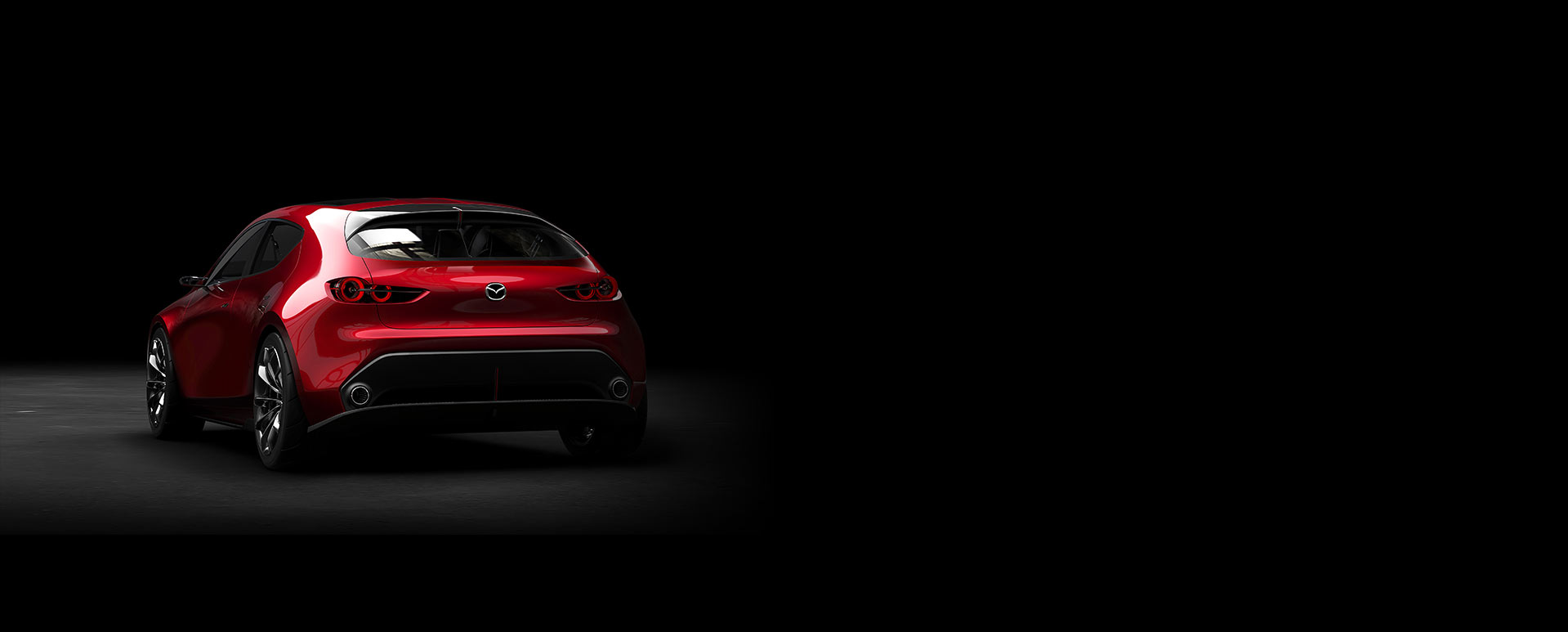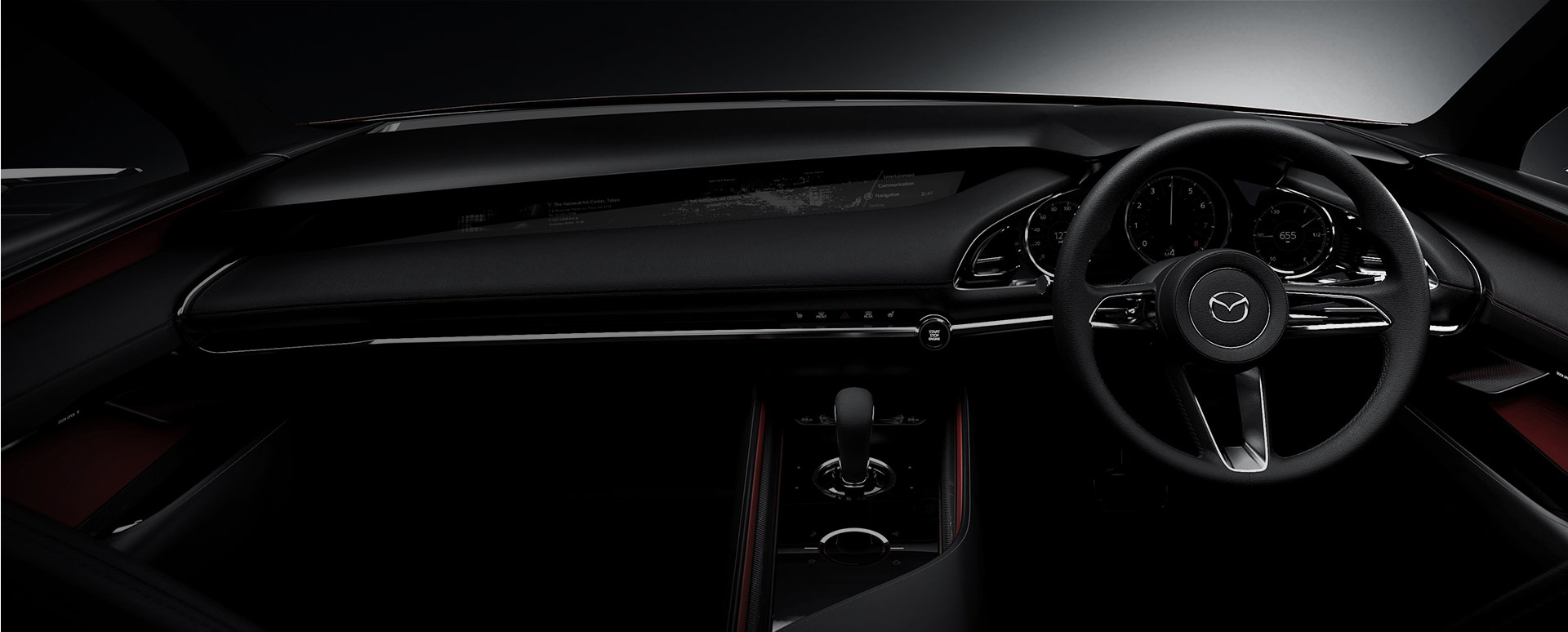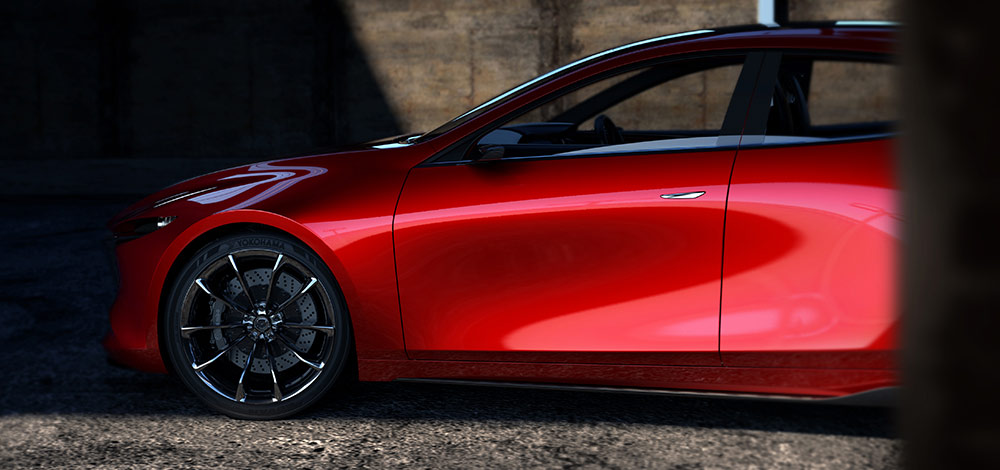Mazda Kai Concept sets new design and technology benchmark
Mazda Kai Concept sets new design and technology benchmark


Consistently pushing design, performance and technology boundaries, Mazda once again impressed visitors to the Tokyo Motor Show when it revealed the Mazda Kai Concept car.
The name ‘Kai’ literally translates to ‘the pioneer,’ which aptly sets the stage for Mazda’s next-generation.
Pushing design boundaries
In pursuit of the ideal vehicle powered by an internal combustion engine, the Kai Concept skillfully blends Mazda’s breakthrough technologies with next-generation design.
The powertrain selected for the Kai Concept is the Skyactiv-X, Mazda’s next-generation engine, which introduces an innovative combustion method called Spark Controlled Compression Ignition (SPCCI).
Maintaining a focus on Jinba-ittai, the Kai Concept also features Mazda’s next-generation Skyactiv-Vehicle Architecture, which seeks to maximise the human body’s inherent ability to balance itself. The result is highly refined driving dynamics, from the performance feel and comfort, to the quietness of the ride.
Referencing a ‘less is more’ approach, the bodywork evokes a sense of power and agility. Showing an evolution in Kodo design, unessential elements have been stripped back to exploit the beauty of empty space and the vitality created by light and shade.
The front face boasts sculpted features, while the signature wing combines with the deep luster of the dark metallic finish to emphasize the mature, sporty nature that befits a hatchback.
Pushing design boundaries
In pursuit of the ideal vehicle powered by an internal combustion engine, the Kai Concept skillfully blends Mazda’s breakthrough technologies with next-generation design.
The powertrain selected for the Kai Concept is the Skyactiv-X, Mazda’s next-generation engine, which introduces an innovative combustion method called Spark Controlled Compression Ignition (SPCCI).
Maintaining a focus on Jinba-ittai, the Kai Concept also features Mazda’s next-generation Skyactiv-Vehicle Architecture, which seeks to maximise the human body’s inherent ability to balance itself. The result is highly refined driving dynamics, from the performance feel and comfort, to the quietness of the ride.
Referencing a ‘less is more’ approach, the bodywork evokes a sense of power and agility. Showing an evolution in Kodo design, unessential elements have been stripped back to exploit the beauty of empty space and the vitality created by light and shade.
The front face boasts sculpted features, while the signature wing combines with the deep luster of the dark metallic finish to emphasize the mature, sporty nature that befits a hatchback.


A sustainable drive
The Jinba-Ittai experience is again reflected in the Kai Concept's interior. Key features, including the instrument panel, door trim and center console, intersect in a manner that creates space, while every aspect of the cockpit design features perfect horizontal symmetry to strengthen the connection between driver and car.
A sustainable drive
The Jinba-Ittai experience is again reflected in the Kai Concept's interior. Key features, including the instrument panel, door trim and center console, intersect in a manner that creates space, while every aspect of the cockpit design features perfect horizontal symmetry to strengthen the connection between driver and car.







